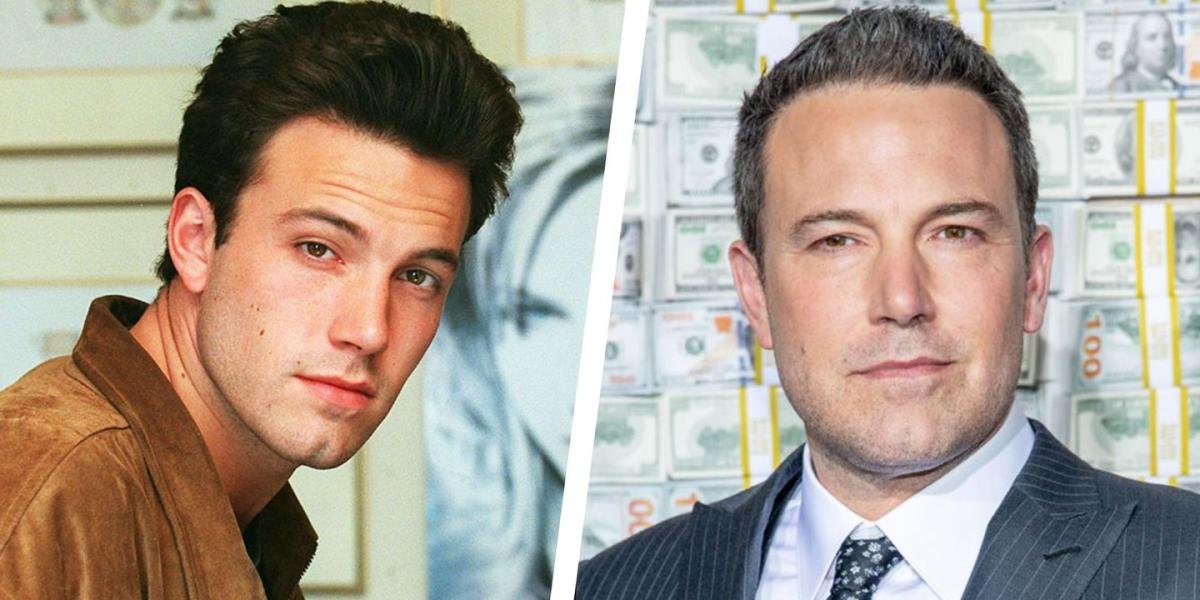John Teets: A Business Tycoon and His Net Worth
John W. Teets was a prominent American businessman and corporate leader, most famously known for his role as the CEO and chairman of the Greyhound Corporation. His strategic vision helped reshape and diversify the company, transforming it from a bus service into a multi-industry conglomerate. Throughout his career, Teets accumulated significant wealth, making him one of the notable figures in the corporate world during his time. This article delves into his career achievements, business ventures, and a look at his net worth.
Early Life and Career Beginnings
John Teets was born on December 9, 1931, in Youngstown, Ohio, and grew up in a working-class family. His early life instilled in him a strong work ethic and drive to succeed. He attended the University of Chicago, where he gained knowledge in business and management, which would later shape his corporate career.
Teets started his career in the food and beverage industry, working his way up the ranks at companies such as Armour Foods. His leadership abilities and business acumen became evident early on, setting the stage for a larger role in the corporate world.
Joining the Greyhound Corporation
In 1963, John Teets joined Greyhound, initially working in its food service division. The Greyhound Corporation at that time was primarily known for its nationwide bus service but had diversified into other industries. Teets quickly made a name for himself, leading to his appointment as CEO of the company in 1981. His role in the company’s food division was crucial, but it was his leadership as CEO that defined his legacy.
Transforming Greyhound into a Conglomerate
Under Teets’ leadership, Greyhound transitioned from being a transportation-focused company into a diversified conglomerate with interests in various industries, including food services, hospitality, and retail. One of his significant achievements was overseeing the acquisition of the Dial Corporation, a major consumer goods company known for products like Dial soap. This acquisition significantly expanded Greyhound’s business portfolio.
Teets’ vision was to reduce the company’s reliance on bus transportation and invest in other profitable sectors. His strategy worked, and under his leadership, the company saw substantial growth in both revenue and market share. Greyhound eventually became Dial Corp., reflecting the shift away from transportation towards consumer goods and services.
Major Business Acquisitions and Ventures
One of the key elements of John Teets’ success was his ability to identify and execute major business acquisitions. By acquiring the Dial Corporation, Greyhound tapped into the lucrative consumer goods market. Teets also led the company’s expansion into the hospitality sector with investments in hotel chains, and the company’s food services division grew exponentially under his guidance.
This diversified approach helped Greyhound weather challenges in the transportation industry, especially during times when the bus service faced difficulties due to increasing competition from airlines and personal vehicles. Teets’ strategic moves turned Greyhound into a multi-billion-dollar enterprise, elevating both the company’s and his personal wealth.
John Teets’ Net Worth at His Peak
During his tenure as CEO, John Teets became one of the highest-paid executives in the United States. His salary, combined with bonuses and stock options, allowed him to accumulate significant wealth. By the late 1980s and early 1990s, Teets’ net worth was estimated to be in the tens of millions, thanks to his leadership of a company that had become a multi-billion-dollar enterprise.
At its peak, Greyhound’s market capitalization reached several billion dollars, and as its CEO, Teets was rewarded with generous compensation packages. His stock options alone were worth millions, and he was known for receiving bonuses based on the company’s strong financial performance. In 1988, for example, Teets earned over $8 million in salary and stock options, placing him among the top-earning executives of the time.
While exact figures of his net worth have not been widely published, estimates suggest that John Teets was worth over $50 million at the height of his career. His wealth came from his long-standing role at Greyhound and his investments in the various business ventures he helped build.
Leadership Style and Legacy
John Teets was known for his bold leadership style and willingness to take risks. His ability to think strategically and diversify Greyhound’s business portfolio set him apart from many other corporate leaders. He believed in long-term growth and was unafraid to make major changes when necessary.
Teets also placed great importance on building a strong corporate culture. He emphasized innovation, customer satisfaction, and employee development, all of which contributed to Greyhound’s success. His tenure as CEO not only transformed Greyhound but also left a lasting impact on the American business landscape.
Retirement and Later Years
After a long and successful career, John Teets retired from his position as CEO of Greyhound (by then Dial Corp.) in 1997. His departure marked the end of an era for the company, but his influence on its growth and transformation remained evident.
In his later years, Teets remained involved in philanthropy and various business ventures. He served on the boards of several corporations and continued to offer his expertise and insight to the business community. Teets passed away on August 4, 2011, leaving behind a legacy of corporate leadership and success.
Conclusion
John Teets was a visionary leader who turned Greyhound into a diversified conglomerate, amassing significant personal wealth along the way. Through his strategic acquisitions and business ventures, he built a legacy of innovation and growth. While exact details of his net worth are not fully public, it is clear that Teets was a wealthy and influential figure in the corporate world during his time. His contributions to the business world and his legacy as a corporate leader remain influential today.














Post Comment